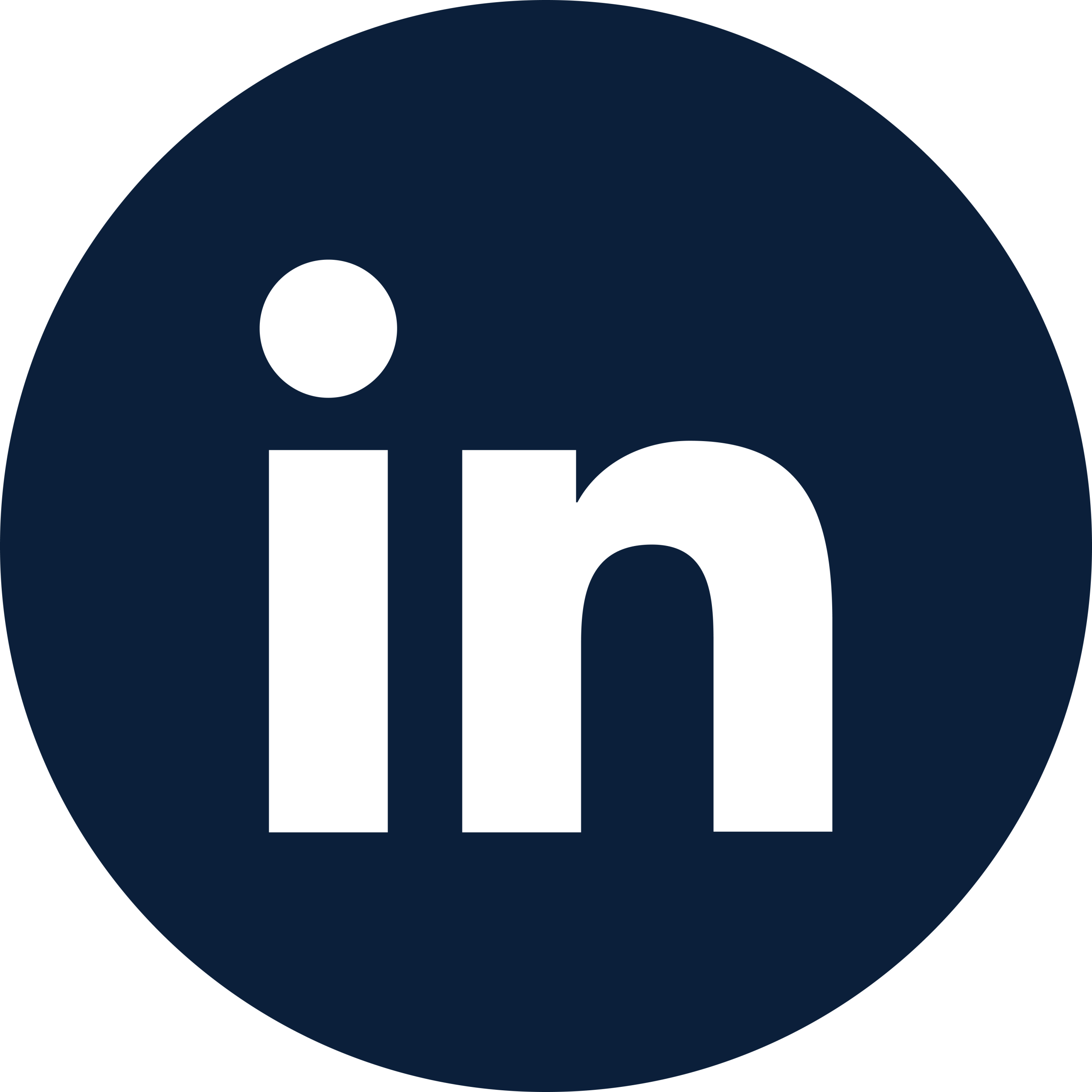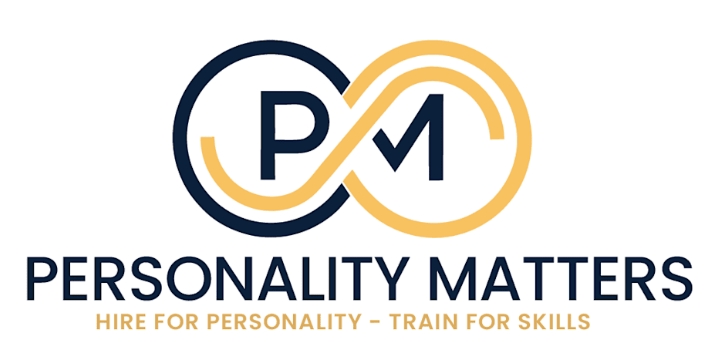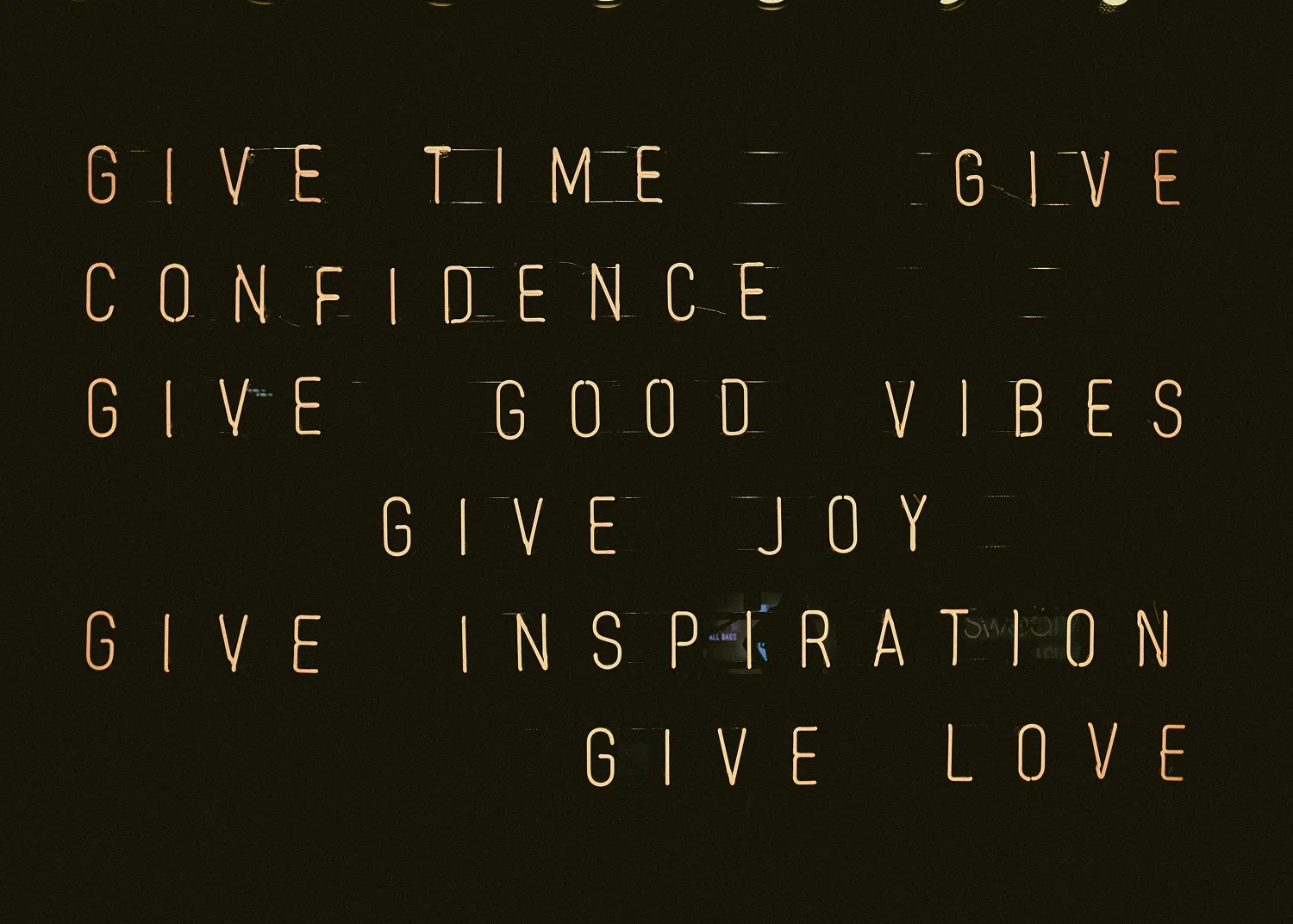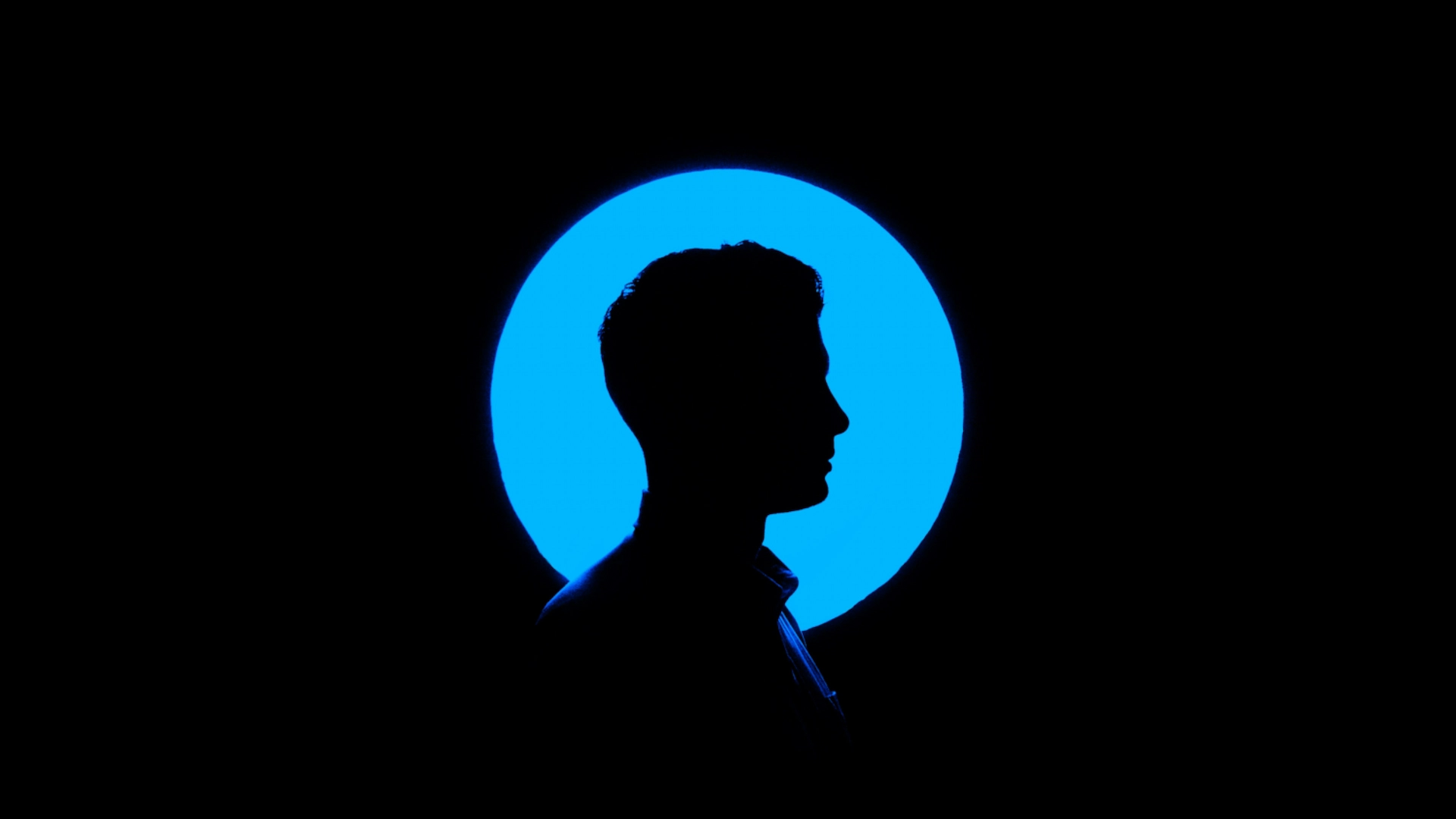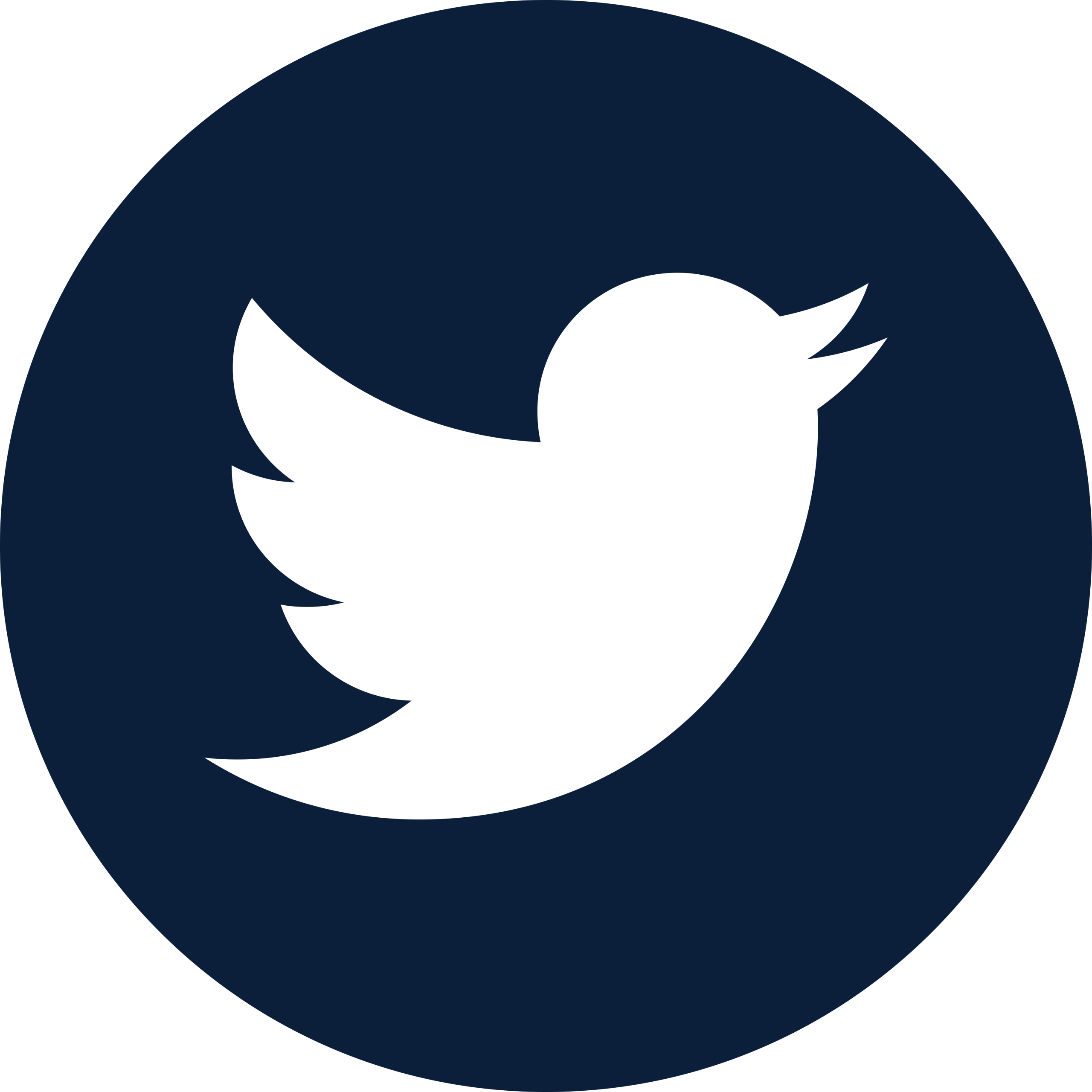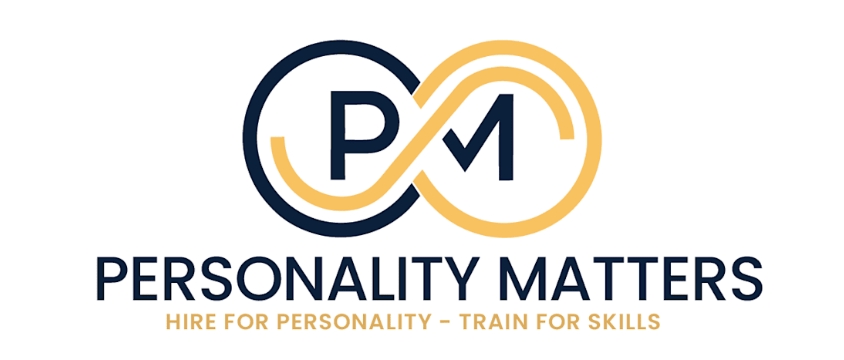In a world where competition is fierce and attention spans are short, a polished resume used to be the gold standard for standing out.
But now? A good resume is just the bare minimum.
What actually opens doors, builds credibility, and creates lasting impressions isn’t just what’s written on your resume — it’s your personal brand.
Let’s explore the key differences between personal branding and simply having a good resume, and why both matter (but one matters much more).
✅ What Is a Resume?
Your resume is a factual summary of:
- Your work experience
- Education
- Skills
- Certifications
- Career achievements
It’s a snapshot of what you’ve done, where you’ve been, and what you’re qualified for. A good resume is essential — especially in traditional job searches — but it’s just one piece of the professional puzzle.
🌟 What Is Personal Branding?
Your personal brand is the perception people have of you — your reputation, your voice, your energy, your values. It’s how you present yourself across platforms, both online and offline.
It answers questions like:
- Who are you beyond your job title?
- What do you stand for?
- What makes you different or valuable?
- What kind of impact do you create?
Your personal brand is not just your past — it’s your promise for the future.
The Key Differences (And Why They Matter)
Let’s break it down:
Resume Personal Brand
Static document Dynamic presence
Lists experience Tells your story
Job-focused Value-focused
Used for applications Used to attract opportunities
Objective and formal Emotional and relational
Answers “What have you done?” Answers “Who are you and why does it matter?”
Why Personal Branding Goes Further Than a Resume
1. It Builds Connection, Not Just Credibility
A resume tells employers what you’ve done.
Your brand tells them why it matters — and who you are while doing it.
People don’t just hire skills. They hire trust, relatability, and potential. Your personal brand gives them a reason to believe in you.
2. It Speaks Before You Do
Today, people Google you before they meet you.
They check your LinkedIn, website, social media, or portfolio.
If your online presence doesn’t reflect your expertise or voice, you’re missing a major opportunity.
A resume is shared when you apply.
Your brand is seen when you’re not even in the room.
3. It Attracts Aligned Opportunities
A strong personal brand helps:
- Recruiters find you (even when you’re not applying)
- Clients choose you over competitors
- Partners or media see your unique perspective
Unlike a resume, your personal brand works for you 24/7.
4. It Future-Proofs Your Career
Jobs come and go. Titles change. Industries shift.
Your personal brand stays with you. It evolves, grows, and adapts with your journey. Whether you’re switching careers, launching a business, or stepping into leadership, your brand becomes your foundation.
Can You Have Both? (Hint: Yes — and You Should.)
Your resume is still important. It’s a professional tool, especially for corporate or traditional roles.
But your personal brand is your long-term strategy. It’s how you build a reputation, an audience, and a legacy.
The best approach? Align your resume with your brand:
- Make sure your LinkedIn matches your values and voice
- Highlight accomplishments in a way that tells your story
- Speak to impact, not just tasks
Final Thoughts: Lead With Your Brand, Support With Your Resume
If you’re only relying on a resume to build your career, you’re playing small in a world that rewards visibility, authenticity, and value.
A resume can help you get a job.
A personal brand can help you build a career.
So, ask yourself:
- What do I want to be known for?
- Am I showing up consistently across all platforms?
- Does my personal brand reflect the future I’m creating — not just the past I’ve lived?
That’s the real shift. And it’s where the magic happens.
Ready to Elevate Your Personal Brand?
Start with this simple step:
Google yourself. What shows up? Is it aligned with who you really are?
If not — it’s time to start building the personal brand that truly represents you.

